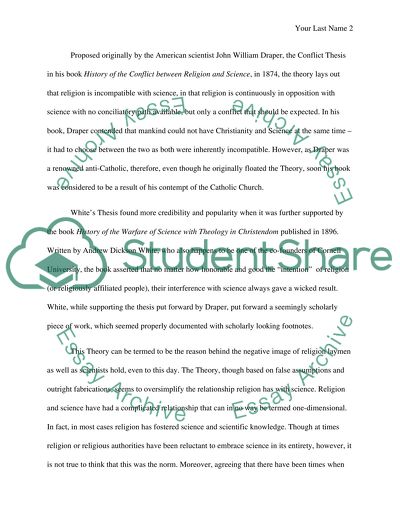Cite this document
(“The Rejection of the Conflict Thesis Essay Example | Topics and Well Written Essays - 2250 words”, n.d.)
Retrieved from https://studentshare.org/environmental-studies/1408993-the-rejection-of-the-conflict-thesis
Retrieved from https://studentshare.org/environmental-studies/1408993-the-rejection-of-the-conflict-thesis
(The Rejection of the Conflict Thesis Essay Example | Topics and Well Written Essays - 2250 Words)
https://studentshare.org/environmental-studies/1408993-the-rejection-of-the-conflict-thesis.
https://studentshare.org/environmental-studies/1408993-the-rejection-of-the-conflict-thesis.
“The Rejection of the Conflict Thesis Essay Example | Topics and Well Written Essays - 2250 Words”, n.d. https://studentshare.org/environmental-studies/1408993-the-rejection-of-the-conflict-thesis.


